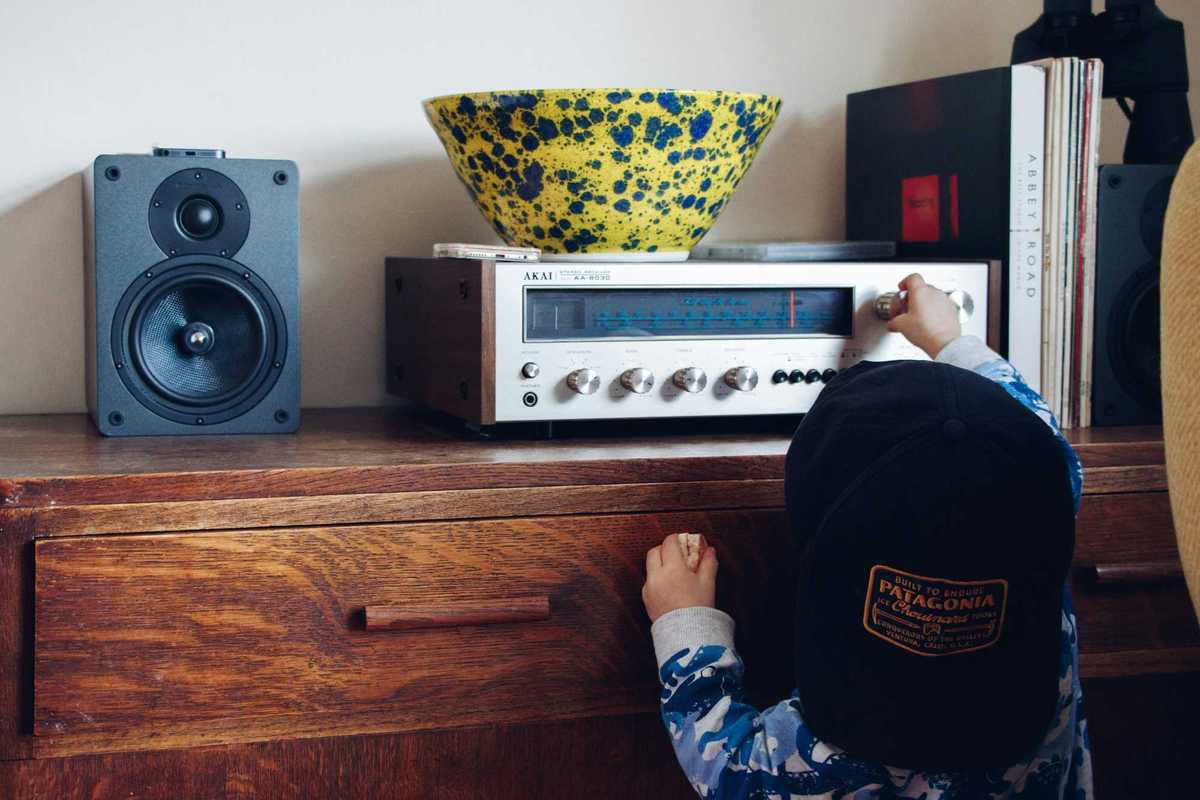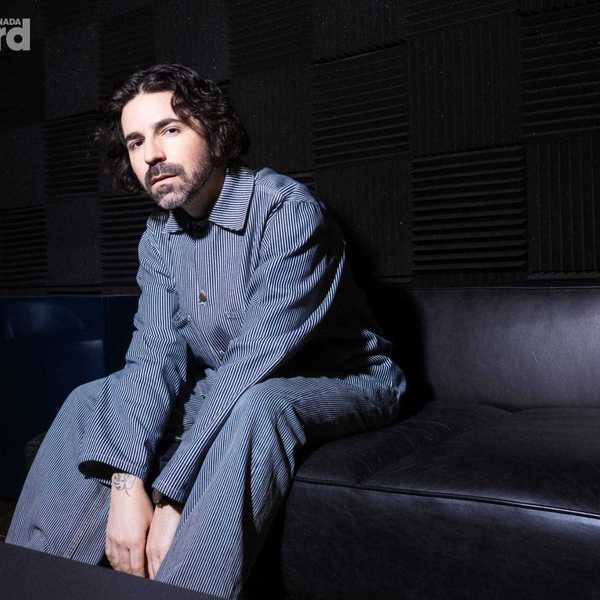Chartbreaker: Hanumankind’s Breakthrough Went Global — Now, He’s Running With the ‘Big Dawgs’
The rap hit has reached No. 23 on the Hot 100 and topped the R&B/Hip-Hop Digital Song Sales chart.
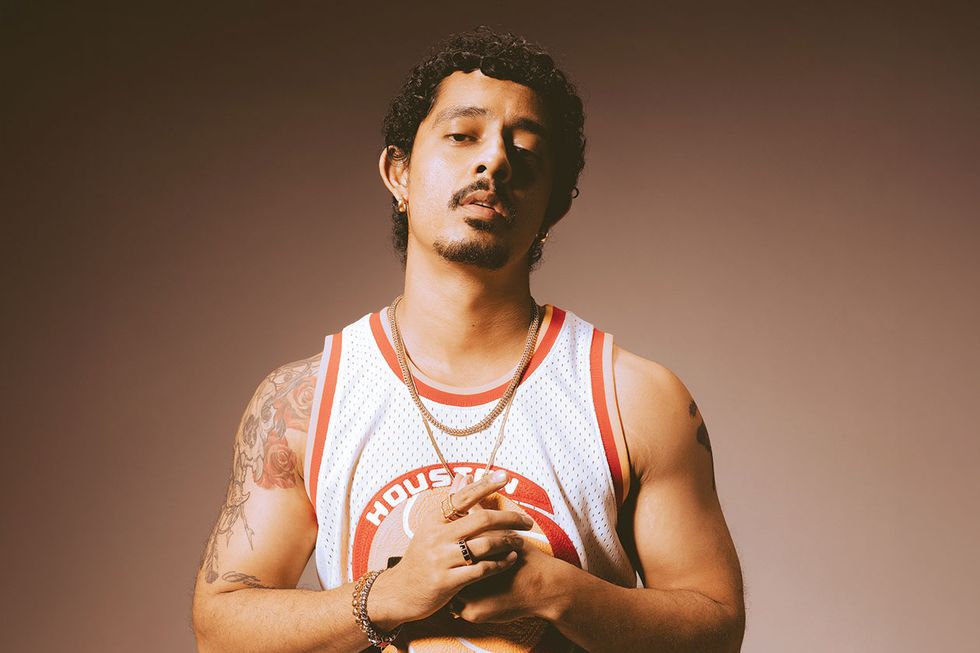
Hanumankind
When “Big Dawgs,” the riotous song by Indian rapper Hanumankind and producer Kalmi, began spreading across the world in July, its creators couldn’t fully appreciate its impact. Despite sites like YouTube and Reddit signaling the song’s crossover appeal, Hanumankind and his team were largely in the dark about its impact on TikTok — including the more than 1 million posts using the track to date — since India banned the platform in 2020.
“We’re hearing about this going crazy, but we can’t wrap our heads around [it],” Hanumankind tells Billboard. “We’re sitting at home like, ‘I guess this is happening. Let’s strap in.’ ”
Born Sooraj Cherukat in India’s southern state of Kerala, Hanumankind was a self-described “child of chaos.” His family bounced around the globe with his father working in the oil sector, making stops in Nigeria, Qatar, Dubai and Egypt before moving to Houston in the early 2000s during his formative years.
“Houston has a way of shaping a person,” he says, wearing a No. 34 Hakeem Olajuwon Houston Rockets throwback jersey. “Whether you talk about UGK or DJ Screw, you hear it in everything. It was important to be there and absorb so much of that.”
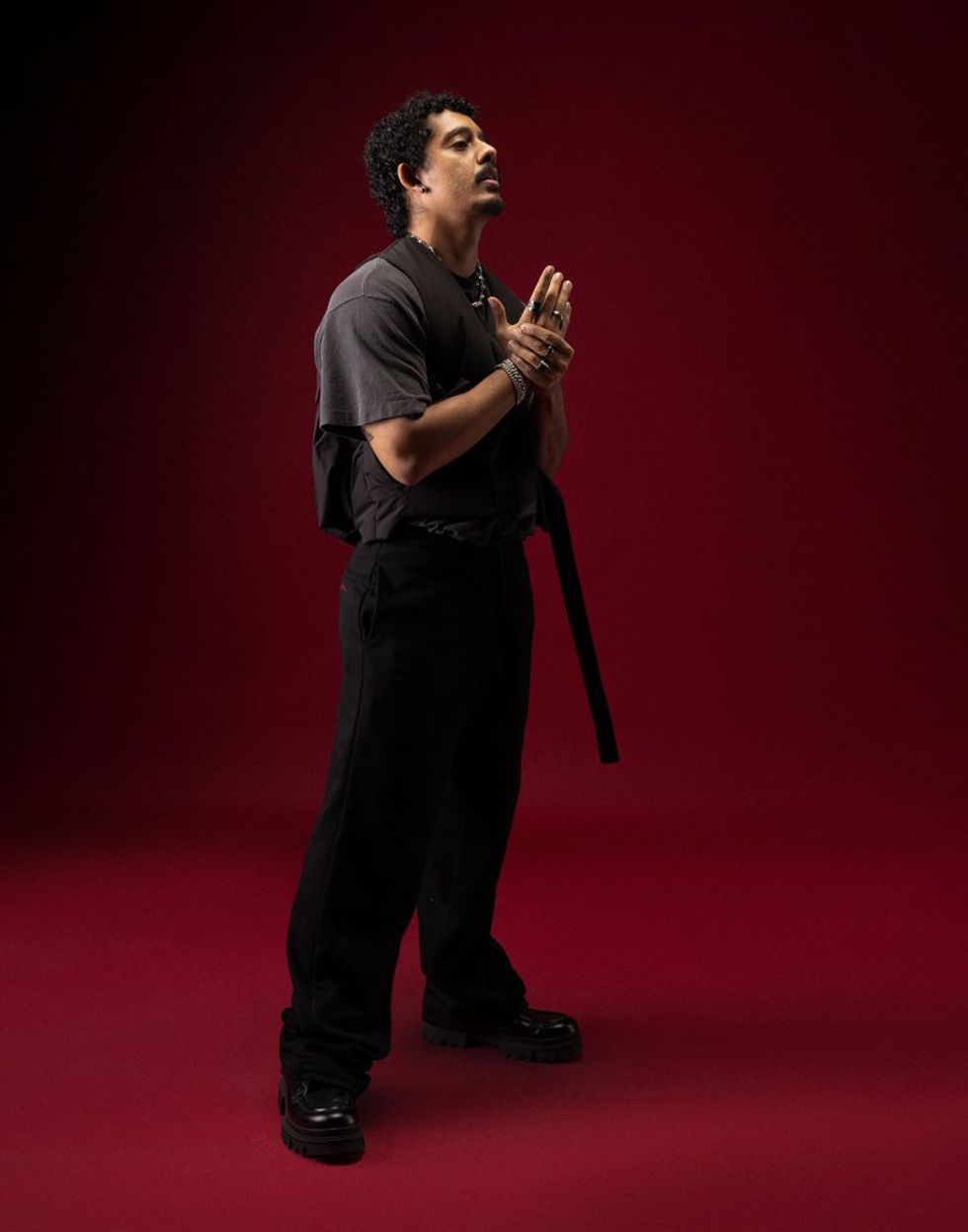
Talking over Zoom, the 32-year-old has photos of 2Pac, MF DOOM and The Notorious B.I.G. in his living room — but even with his vast hip-hop knowledge, he says his parents hoped he would pursue “a real job and build a career.” He moved back to India for college in 2012, and after graduating, he burned through jobs at Goldman Sachs and different marketing agencies while living like “a f–king idiot.” (Upon turning 30, he temporarily gave up drinking entirely. Nowadays, he says, he drinks in moderation.)
Still, rapping largely remained a party trick he’d pull out at gatherings. But things changed in late 2019 following a performance at the NH7 Weekender Festival in India, pulling inspiration for his stage name from religion. (Hanuman is the half-monkey, half-man Hindu God of wisdom, strength and courage.)
“There was a mob of people running over from different areas, like, ‘Who the f–k is this guy?’” he remembers. “[After] that set, I was like, ‘This feels like something I can do. I just want to do something that gives me purpose. Am I decent at this? Can I make money off this? Cool.’ That’s all I needed.”
A year later, Hanumankind signed a management deal with Imaginary Frnds’ founder Rohan Venkatesh, with the company’s Abhimanyu Prakash helping as part of the management team. “He charmed the pants off me when I met him,” says Prakash. Adds Venkatesh, who first met the rapper backstage in 2018: “I knew this could go global. I believed in the art from day one.”
Hanumankind spent the next few years as an independent artist, releasing a pair of EPs and a handful of singles before his team decided to explore the major-label route, ultimately signing with Def Jam India at the start of 2023. “They were so ready to help us from day one,” says Prakash. “We’ve had this moment, and they’ve been pillars for us in figuring out how to grow it.”
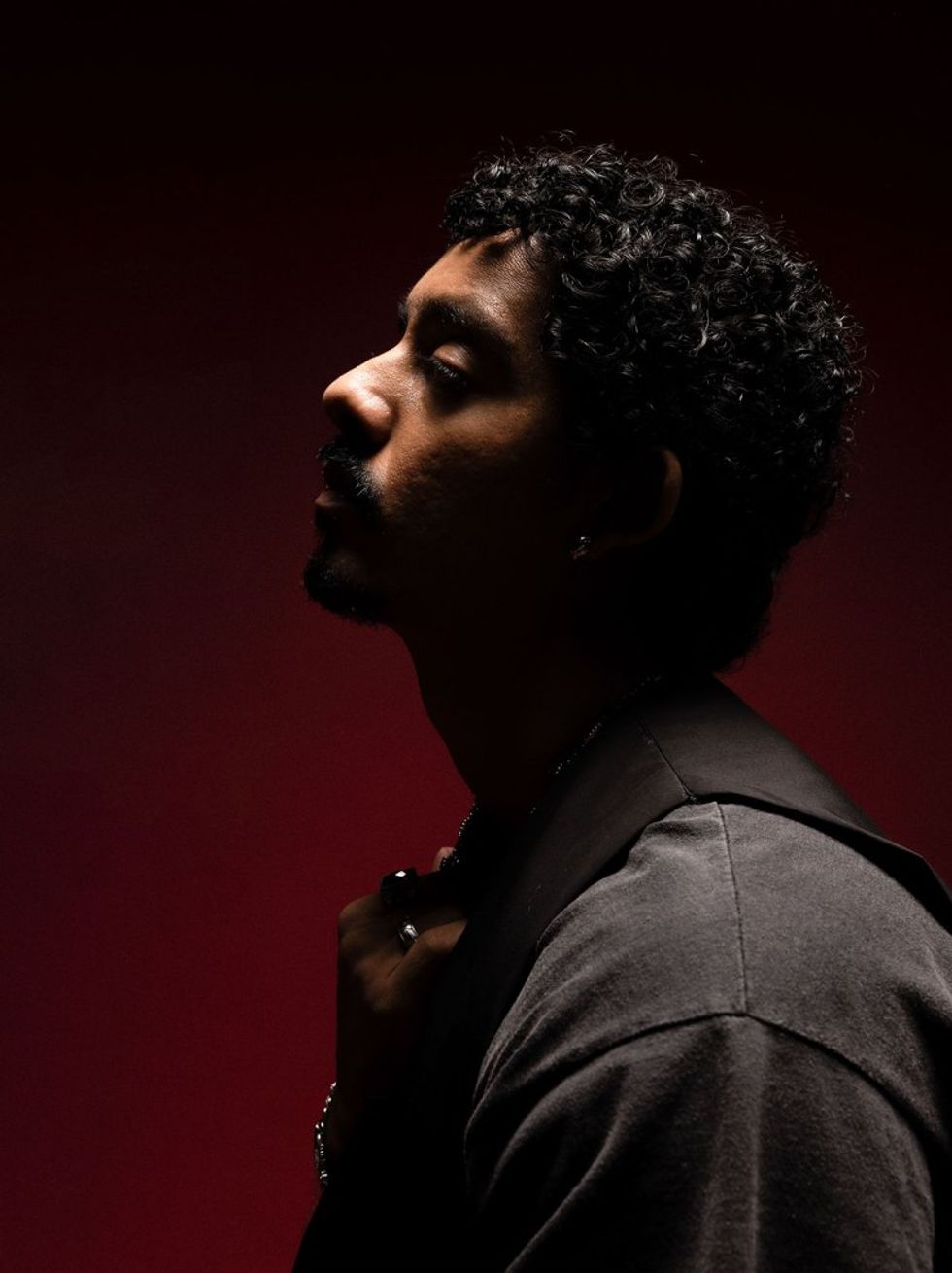
That January, Hanumankind released the twitchy “Go to Sleep” — but nothing else for the year. With time ticking on his next move, he hopped on a Zoom in early 2024 with frequent collaborator Kalmi while living in Bengaluru. They began with a creative exercise they’d done before: Kalmi would queue up a beat for Hanumankind to rap on and they’d build an idea from whatever came out. “We didn’t want boundaries on us, and the minute [I heard the] beat, I was like, ‘Oh s–t.’”
After taking a liking to the engine-revving production and bristling synths, the hook came next, followed by the first verse. Within 30 minutes, the basic structure for “Big Dawgs” was set. “Instantly, this flow came in,” Hanumankind says, though he admits he began to overanalyze it. “I didn’t think it was a single at all — this song just came to be as a byproduct of being f–king weird, experimental folks.”
But Kalmi and Venkatesh changed his mind. “We knew this was the one instantly, there was a shock value to it,” Venkatesh says. “[Kalmi and I] went for a drive and played it four or five times. Next morning, we called Hanumankind and convinced him to drop.”
Kalmi tightened up the production, adding the chopped-and-screwed element to the song’s outro, and Hanumankind tacked on a second verse. On July 9, “Big Dawgs” arrived on streaming services.
Instead of a traditional marketing budget, Hanumankind’s team allocated much of their financial resources to the music video, which arrived the next day and opened the world’s eyes to a popular Indian spectacle known as the “Well of Death.” Two-stroke engine bikes and vintage cars whiz around in circles on the walls of a vertical pit, testing the limits of gravity — and in the video, Hanumankind even hangs out the window of one of the cars. “It was more of a culture shock for people, which was a unique selling point for us,” says Venkatesh. To date, the video has more than 116 million YouTube views.
Within a few days, Hanumankind realized the reception to “Big Dawgs” was different than any prior work, as it started extending well beyond India and into popular American music. “American hip-hop makes the world react. But this is the first time a lot of people were like, ‘There’s this video coming out of India,’” he says. Popular streamers like IShowSpeed and No Life Shaq reacted to the hit across social media platforms, boosting its visibility to another level.
By mid-August, “Big Dawgs” debuted on the Billboard Hot 100 at No. 57; two weeks later, it reached a No. 23 high. The hit has also topped the R&B/Hip-Hop Digital Song Sales chart and to date has earned 72 million official on-demand U.S. streams and 288.5 million official on-demand global streams through Sept. 5, according to Luminate.
“Everything came in a huge tidal wave,” says Hanumankind. “I feel like someone’s going to slap me in the face and wake me up.” Its reception has indeed been a dream for the rapper: both Project Pat and Bun B separately joined him on Instagram Live — in “Big Dawgs,” the former receives a name check and Hanumankind interpolates a lyric from UGK’s “Int’l Players Anthem” to pay homage to the latter.
Hanumankind is now eager to perform outside of India, and in September signed with Wasserman Music. He also plans to release a remix for “Big Dawgs” with an American rapper, though specifics on who or when are unknown. And while a debut album isn’t ready just yet, he’s still basking in what his breakthrough hit represents.
“I am just the tip of the iceberg of what can come from this side of the world,” he says. “If some random dude from India can make music and shoot a cool video that pops off, it allows people to dream a little harder.”
A version of this story will appear in the Sept. 28, 2024, issue of Billboard. This article first appeared on Billboard U.S.

